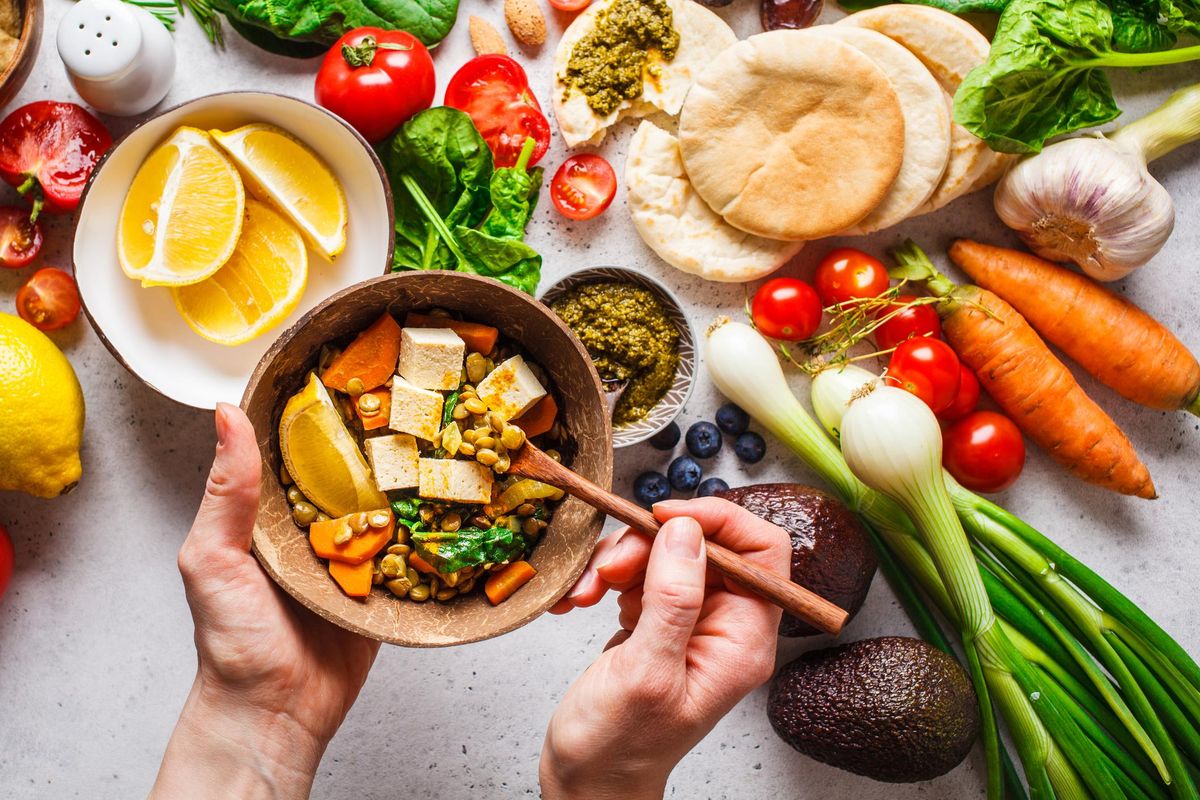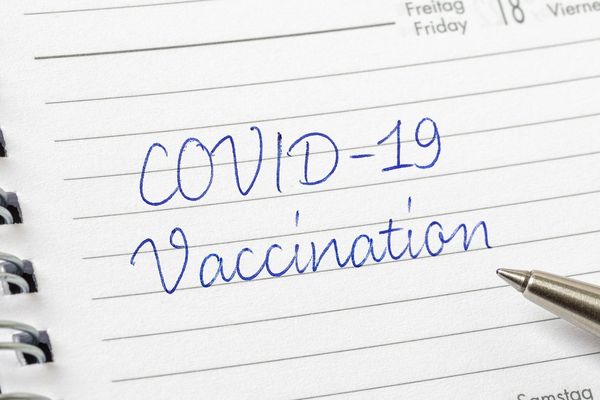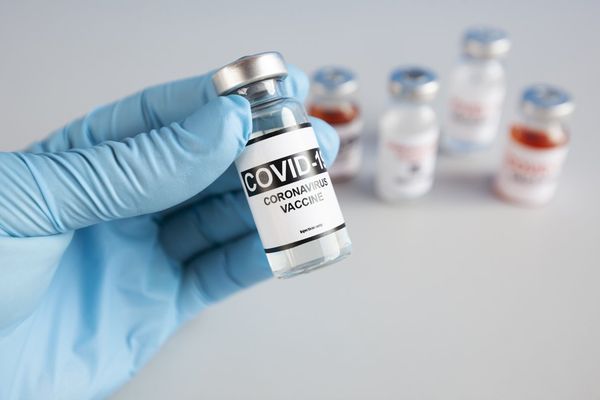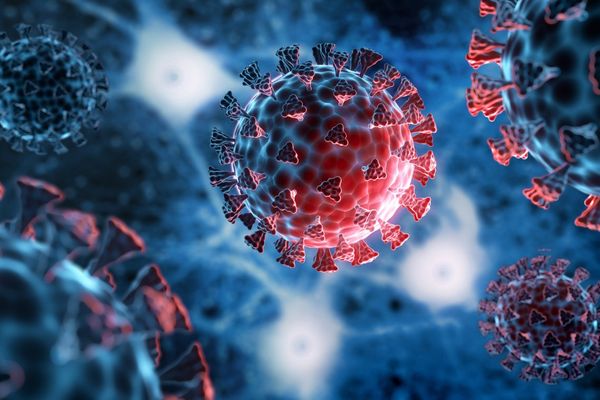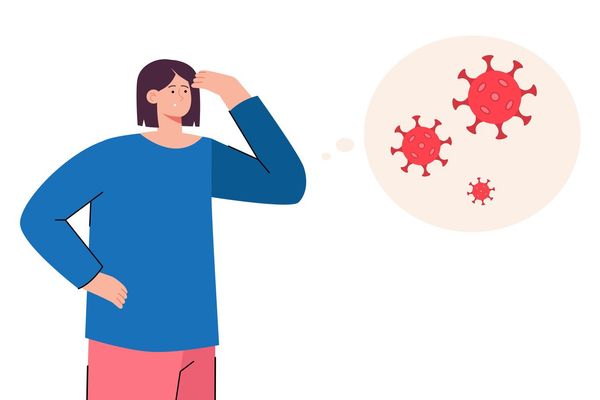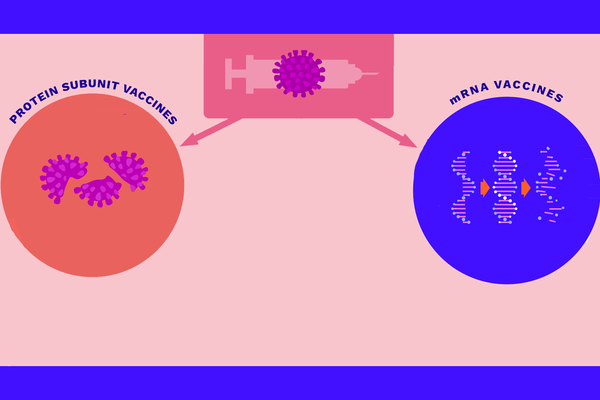By Richard Bloomer, University of Memphis
I'm a fitness enthusiast. I also adhere to a nutrient-dense, “clean" eating program, which means I minimize my sugar intake and eat a lot of whole foods for the purpose of optimizing my health.
You might wonder how effective such a diet and exercise plan would be in the fight against COVID-19, since some have suggested – without supporting evidence – that vaccination may be unnecessary if a detailed wellness lifestyle is closely followed.
As a research scientist who has studied nutrition for close to 20 years, I have watched the wellness community's response to the COVID-19 vaccines with great interest. While eating right can favorably impact the immune system, it is not reasonable to expect that nutrition alone will defend against a potentially life-threatening virus.
My experience with nutrition science
My lab group at the University of Memphis studies the effect of food and isolated nutrients on human health. In January 2009, we conducted an initial study of a stringent vegan diet. We enrolled 43 men and women who were allowed to eat as much plant-based food as desired, but drank only water, for 21 days.
The results demonstrated improvements in many variables related to cardio-metabolic health, such as blood cholesterol, blood pressure, insulin and C-reactive protein – a protein that increases in response to inflammation. We have since completed multiple human and animal nutrition studies using this dietary program.
My lab's research has resulted in some 200 peer-reviewed scientific manuscripts and book chapters specific to nutrients and exercise, and the interaction between these two variables. The results of our work, as well as that of other scientists, clearly demonstrate the power of food to favorably impact health.
For many individuals, a positive change in eating habits results in such an improvement in clinically relevant measures like blood cholesterol and glucose that doctors can sometimes reduce or eliminate certain medications used to treat high cholesterol and diabetes. In other cases, these measures improve but the patient still requires the use of medications to control their disease. This tells us that in some situations, a great nutrition program is simply not enough to overcome the body's challenges.
Nutrition and other wellness approaches do matter
Although certain natural products have been discussed as treatments for COVID-19, little emphasis has been placed on whole food nutrition as a protective measure. I think this is unfortunate, and I believe strengthening our immune system with the goal of battling COVID-19 and other viral infections is of great importance. And the evidence tells us that a nutrient dense diet, regular exercise and adequate sleep can all contribute to optimal immune function.
Regarding nutritional intake, a recently published study using a sample of health care workers who contracted COVID-19 noted that those who followed a plant-based or pescatarian diet had 73% and 59% lower odds of moderate to severe COVID-19, respectively, compared to those who did not follow those diets. Although interesting, it's important to remember that these findings represent an association rather than a causal effect.
While people can use nutrition to help shore up their immune system against COVID-19, diet is only one important consideration. Other variables matter a great deal too, including stress management, nutritional supplements and physical distancing and mask-wearing.
But to be clear, all of those elements should be considered tools in the toolbox to help combat COVID-19 – not a replacement for potentially life-saving vaccines.
Vaccines are not perfect, but they save lives
I find it interesting that nearly all parents understand the importance of having their kids vaccinated against serious illnesses like mumps, measles and varicella. They do not expect that certain foods, or a nurturing environment, will do the job of a vaccine.
Yet, when it comes to COVID-19, this thought process is abandoned by some who believe that a healthy lifestyle will substitute for the vaccine, without seriously considering what the vaccine actually does to provide protection against the virus – something that a healthy lifestyle alone simply cannot do.
When contemplating whether to receive the COVID-19 vaccine, consider the following: All medications have risks, including things as seemingly benign as aspirin. Hormonal contraception – something used by millions of women every month – is thought to cause an estimated 300-400 deaths annually in the U.S. The same is true for cosmetic surgery, Botox injections and other elective procedures.
Many people are willing to accept the low risks in those cases, but not with those involving the COVID-19 vaccines – despite the fact that the risk of serious complications or death from COVID-19 far outweighs the low risk of serious adverse events from the vaccines.
No lifestyle approach, including strict adherence to a holistic, nutrient-dense diet – vegan, plant-forward or otherwise – will confer total protection against COVID-19. The vaccines aren't perfect either; breakthrough infections do occur in some cases, though the vaccines continue to provide robust protection against severe illness and death.
I encourage people to do all they can to improve the health and functioning of their immune system, naturally. Then, seriously consider what additional protection would be gained from vaccination against COVID-19. When people make decisions based on the latest science – which is always evolving – rather than on emotions and misinformation, the decision should become much clearer.![]()
Richard Bloomer, Dean of the College of Health Sciences, University of Memphis
This article is republished from The Conversation under a Creative Commons license. Read the original article.

